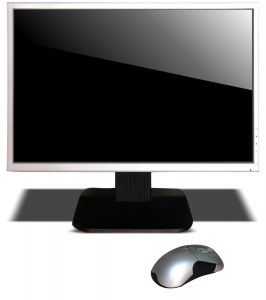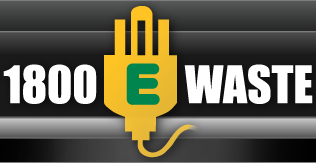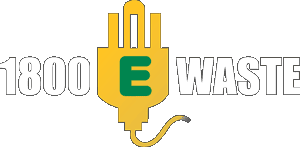
Identity theft and Fraud: Costly, Frightening and on the rise.
Facebook has recently come under pressure after the details of 100million users were published on a website – the hacker responsible claimed he was aiming to highlight the security flaws of the social media site. Today’s society means that more data than ever is being stored on computers and the internet; from addresses to online banking log in details, we are trusting technology with a frightening amount of information.
Whilst most websites are secure there is always the danger of our information getting into the wrong hands and leading to more serious problems than just an increase of junk mail. Identity theft and fraud are growing issues facing both businesses and individuals all over the world and costing tax payers up to $4 billion a year in Australia alone. According to stopidtheft.com, your D.O.B, address, mother’s maiden name and passwords are now “as valuable as money” – that’s all a fraudster needs to open credit cards and apply for loans.
Are we throwing away our data when we dispose of our computers?
As a computer recycling company, a common concern amongst our customers is what will happen to data stored on computers once we collect them. And rightly so. When users input their details on the internet, the information is automatically stored on their computers – bank log in details, passwords, addresses etc. For businesses this is an even bigger worry, as they input other people’s private information. We have been warned for years now to make sure we shred our bank statements and utility bills before throwing them out with the trash, but how much emphasis is placed on data destruction before we dispose of our obsolete computers? You wouldn’t put your bank statement on the street in the hope that someone collects it, but it’s becoming more and more common to see outdated computers left on the kerb for the same reason.
There are many forms of data destruction that can be used to erase data from hard drives, but not all are totally reliable. Traditional wiping methods such as formatting or deleting files are the least effective, as a data can still be retrieved by those with a little computer knowledge. Alternatively, many data erasing companies will write over the memory, sometimes up to seven times, with the same code, which makes the existing memory unreadable.
Physical Data Destruction – the 1800Ewaste way of securing your details.
It is widely believed, however, that physical destruction is one of the most secure methods of data destruction as it destroys the memory and means that it is almost impossible to access. Of course this depends on the extent of destruction – if it’s not broken down enough some small components can hold a substantial amount of memory.
At 1800Ewaste, it’s this level of destruction that we provide both our business and residential customers. Throughout our intensive recycling process all of our CPU and hard drives are completely stripped apart and broken down to their core components. The hazardous materials are extracted and your ewaste is separated into the different metals and plastics that it contains. This thorough method of destruction ensures that all data is irretrievable and cannot fall into the wrong hands.
Data destruction is not the only benefit of using 1800Ewaste to recycle your computer equipment.
Whilst data destruction is a crucial advantage of using 1800Ewaste to dispose of your obsolete computer equipment, there’s more. We ensure that 95-98% of what we collect, by weight, is diverted from landfill so you can also be assured that you’re protecting your information and helping combat Australia’s growing electronic waste problem.
1800ewaste is Australia’s leading ewaste collection and recycling service and we’re passionate about diverting as much electronic equipment from landfill as possible. We believe in prolonging the lifespan of valuable materials by recycling all that we canOur service is professional, fast and reliable; we’ll come to you, collect your Ewaste and deliver it to the appropriate recycling facility. 1800ewaste only recycles with ISO14001 accredited Australian recycling facilities.
If you’re interested in having your Ewaste recycled please give us a call today on 1800 39 27 83.

